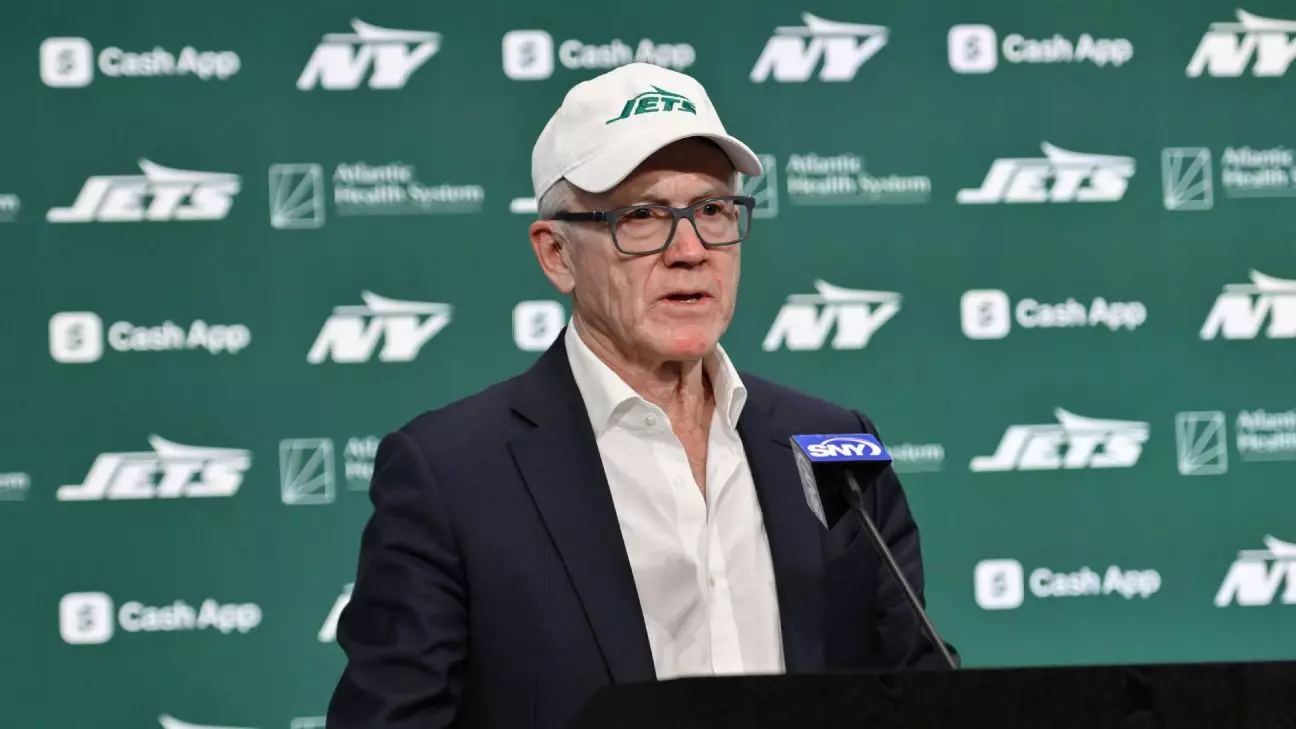The New York Jets are grappling with a stark reality as they enter the 2024 NFL season: a deep-seated dissatisfaction among players reflected in the NFL Players Association’s annual report card. This year, the Jets’ management faced a public outcry, culminating in the team’s abysmal performance that saw ownership receiving a failing grade—a striking F. This stark mark stands alone, highlighting an undeniable disconnect between Woody Johnson, the long-time owner, and the very individuals who make up the team’s roster. Players articulated their frustrations by identifying significant issues within the organization, pointing primarily to leadership failures traced back to the top.
The implications of the report card extend beyond a mere letter grade; they represent a troubling trend that showcases declining morale within the locker room. The Jets plummeted from a respectable 21st place to 29th among NFL teams, reflecting a deterioration not just in performance metrics but also in player satisfaction regarding their workplace environment. Johnson’s management style has come under fire, with players expressing their belief that rather than fostering a collaborative and supportive team culture, the organizational response to feedback has paradoxically exacerbated their concerns.
Among the areas needing urgent reform, the team’s food program emerged as a major point of contention. After poor feedback in the previous year, the Jets decided to slash the food budget instead of making improvements. The NFLPA highlighted this as an area of significant player concern, illustrating the organization’s short-sightedness. The decision to part ways with their highly-rated dietitian—a move that benefited the Kansas City Chiefs—has left players frustrated and questioning management’s commitment to their well-being. A franchise that fails to invest in basic player needs signals deeper-rooted issues concerning how players view management.
Johnson’s recent decisions, including the late-season firing of head coach Robert Saleh and general manager Joe Douglas, contributed to a chaotic environment. Not only did these actions mark a departure from his usual strategy, but they also backfired spectacularly when the team experienced a dismal finish to the season. This inconsistency has sparked criticism about Johnson’s involvement in personnel decisions, which reportedly ruffled feathers among staff members and players alike.
Despite these setbacks, the player’s grade for the head coach stands at a surprising B, ranking 25th amongst peers, suggesting that while frustrations abound, there is recognition of certain positive efforts within the coaching staff. Johnson, acknowledging his shortcomings, emphasized the need for self-reflection. At a recent introductory press conference, he admitted the urgency for change, signaling a willingness to take accountability during what many perceive as a tumultuous period for the franchise.
The Jets now face a critical juncture. With a solid realization of the internal discontent, Johnson and his management team must navigate the murky waters of rebuilding trust and morale, while honing in on the necessary resources to support their players. The challenges are daunting, yet the path to improving the team culture and performance lies within an honest re-evaluation of priorities. For a team desperate for success on the gridiron, ensuring player satisfaction might just be the first step toward reclaiming lost glory.


Leave a Reply